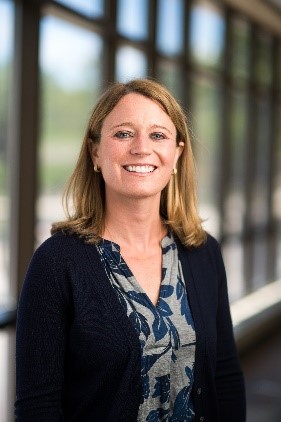Original article on the CNN website.
[...]
Millions of older Americans are similarly struggling with physical, emotional and cognitive challenges following a year of being cooped up inside, stopping usual activities and seeing few, if any, people.
If they don't address issues that have arisen during the pandemic -- muscle weakness, poor nutrition, disrupted sleep, anxiety, social isolation and more -- these older adults face the prospect of poorer health and increased frailty, experts warn.
What should people do to address challenges of this kind? Several experts shared advice:
[...]
Reestablish routines. "Having a structure to the day that involves social interactions, whether virtual or in person and various activities, including some time outside when the weather is good, is important to older adults," said Dr. Lauren Beth Gerlach, a geriatric psychiatrist and assistant professor of psychiatry at the University of Michigan.
Routines are especially key for older adults with cognitive impairment, who tend to do best when their days have a dependable structure and they know what to expect, she noted.
End-of-day routines are also useful in addressing sleep problems, which have become more common during the pandemic. According to a University of Michigan poll, administered in January, 19% of adults ages 50 to 80 report sleeping worse than they did before the pandemic.
Reconnect socially. Mental health problems have also worsened for a segment of older adults, according to the University of Michigan poll: 19% reported experiencing more sadness or depression, while 28% reported being more anxious or worried.
Social isolation and loneliness may be contributing, and it's a good idea to start "shoring up social support" and seeing other people in person if seniors are vaccinated, Gerlach said.
Families have an important role to play in re-engaging loved ones with the world around them, Batsis suggested. "You've had 15 months or so of only a few face-to-face interactions: Make it up now by visiting more often. Make the effort."
[...]





